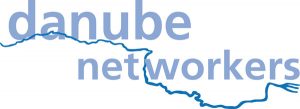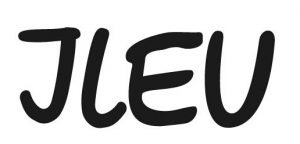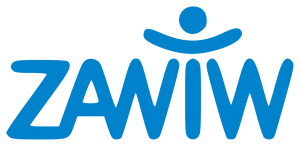Seminar
Main goals:
Performing comparative studies, analyses, preparation of reference materials, observations and recommendations on the problems discussed.
To develop individual learning skills of older people for comparing and learning about other countries and cultures, reflection on intercultural competences and their widening.
To increase the participants’ European awareness.
The subtopics related to the topic of the river Danube and the Danube countries were:
- The river as a pathway for people, goods and culture.
- Traditions connected with life along the river Danube.
- A bridge between the generations – Danube stories alive.
- Telling life stories.
Stages:
The seminar is preceded by lectures on writing stories.
Stage/Step 1: Giving the task of writing a personal memory story related to the river Danube and the Danube countries and a number of formulated subtopics.
Stage/Step 2: Deciding on the most exciting personal story related to the river Danube and the Danube countries.
Stage/Step 3: Learning more about the time, society, living environment, history and cultural identity in Bulgaria and in other Danube countries
Stage/Step 4: Writing a scenario and discussing the idea and the scenario with an expert in writing stories
Stage/Step 5: Searching and collecting supportive information and tools (interviews, pictures, photos, postcards, videos, art works, etc.).
Stage/Step 6: Preparing supportive materials
Stage/Step 7: Describing the personal memory stories by the respective authors
Stage/Step 8: Discussing the story with an expert, friends and relatives
Stage/Step 9: Conducting storytelling events and making changes
Stage/Step 10: Translating the written stories into a common project language ( English)
Stage/Step 11: Uploading the stories on the project website
Stage/Step 12: Deciding and publishing three of the most exciting stories in an album
Stage/Step 13: Use different events to present the Danube stories such as:
- International seminars for exchanging of good practices in Ruse, Bulgaria, in Ulm, Germany;
- exchanging of good practices with Bulgarian Red Cross;
- Presenting Danube stories for the local pensioners’ organizations.
Outputs:
56 written stories
“Danube Stories” album with three of the most exciting writing stories of each project partner.
Book “Danube Stories” with information about all the cafes telling stories organized in Bulgaria under the DASTO project.
Scientific publication for DASTO.
Web site of the project in English and German.
Website of the University in Bulgarian.
Many reports and presentations developed by the project manager.
Results:
Encouraged creative expression of thoughts and feelings on the topic of the river Danube and the Danube countries that had to do with the older peoples’ living environment, history and European identity.
Developed the individual learning skills of older people for comparing and learning about other countries and cultures, reflecting on intercultural competences and their widening.
Increased the participants’ European awareness.
Created a network of older people from the Danube countries.
Target group: older people
Age group: 55+
Gender: mixed
Pedagogical Information
The training method is characterized by:- Self-learning of new knowledge about other European cultures and societies;
- Developing skills to reflect intercultural competences, the living environment, history and European identity.
- The Seminar is a practical approach and includes a series of classes that will enable each participant to develop interpersonal skills.
European Dimension
Encouraged creative expression of thoughts and feelings on the topic of the river Danube and the Danube countries that had to do with the older peoples' living environment, history and European identity. Increased the participants’ European awareness. Created a network of older people from the Danube countries. The European topics included in the method are: Diversity, Freedom, Peace, Solidarity, Heritage, Human rights, Social inclusion.Applied in projects
Danube Stories
The project focuses on educating elderly learners about current economic issues. Danube Stories brings together organizations from different countries and different spheres of activity to work together and exchange best practices in areas such as adult social inclusion and the acquisition of new cultural and / or linguistic skills through formal and informal methods of education and training.



